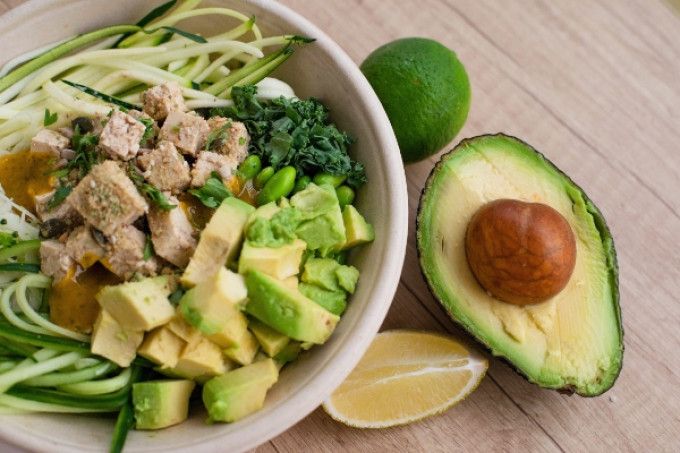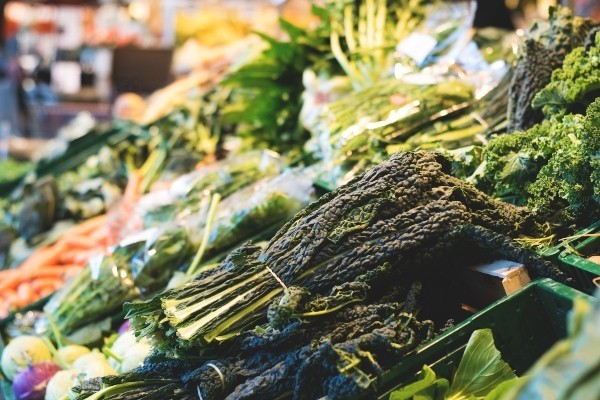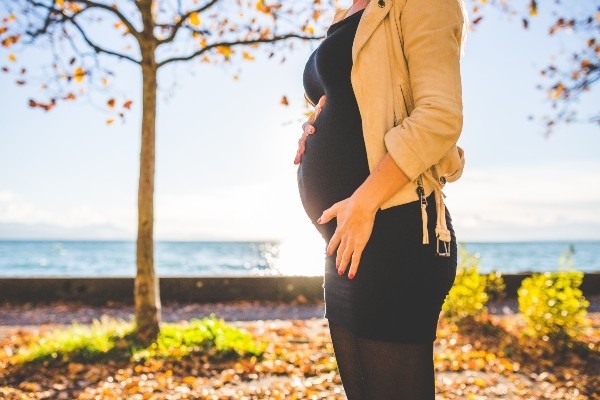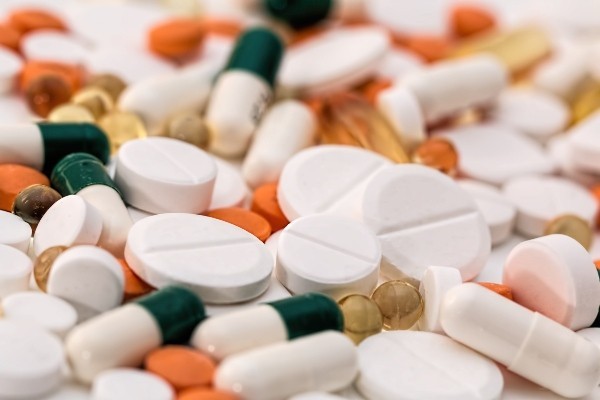
Iron Deficiency: Symptoms, Causes & How To Treat It
By Neesha Desai, Pharmacist (GPhC 2071387)
Iron is a powerful mineral, and one that can lead to feelings of fatigue if you aren’t getting enough. While iron can be found in lots of foods, particularly red meat, an increasingly vegetarian and vegan diet is leading many to consider how they can get enough to avoid an iron deficiency.
Here, we look at what iron is and how it is used in the body, the symptoms of a deficiency, its causes, treatments and the iron supplements that can help keep you healthy.
What Is Iron?

In this instance, we’re not talking about the tool used to get wrinkles out of clothes, rather the mineral which is needed to create red blood cells. Red blood cells, also known as erythrocytes, are used to transport oxygen around the body, along with other nutrients. A side effect of Iron bonding with oxygen is that it turns blood red.
Adults Need Between 8.7mg And 14.8mg Of Iron Per Day
Not everyone needs the same amount of every vitamin or mineral. Iron is unique in some ways because the amount needed will in particular be different between people based on whether or not they are menstruating, though this is not the only factor that will change iron needs. It is also dependent on other conditions, such as if you are pregnant or breastfeeding or on your lifestyle, a more active person, for example, will need more of certain nutrients to support their busy bodies.
Recommendations from the NHS say that a daily dose of iron should be:
- ‘8.7 mg for men over 18’
- This applies to non-menstruators too, such as women who have gone through menopause – which typically occurs between 45 and 55 years of age.
- ‘14.8 mg a day for women aged 19 to 50’
- This applies to menstruators of any gender, with the increased amount of iron a direct result of blood loss from periods.
- From 1.7mg for babies, increasing as a child grows – amounts vary in the first few months, and years of a child’s life.
These are only a guideline however, as pregnancy, chemotherapy or even those undertaking a more rigorous exercise regimen may need more iron to support their body. You should consult a nutritionist or doctor if you suspect you might need more iron in your diet than is typical.
Are There Risks To Taking Too Much Iron?
Although a person may need up to 14.8 mg of iron per day, you should be cautious not to exceed 20 mg. The body does not have a natural way of getting rid of too much iron and so a build-up can cause haemochromatosis in severe cases and feelings of constipation or stomach pain on the lesser end of the scale.
High In Iron Foods
A balanced diet is key to getting all the vitamins and minerals that your body needs to function at its best. Issues like tiredness or feeling unwell can be a sign of a nutritional imbalance. There are lots of foods that contain iron, some of the most well known are:
- Red meat
- Liver
- Soya beans
- Green & brown lentils (once cooked)
- Tofu
- Eggs
- Sesame seeds
- Spinach, cabbage and other dark leafy greens.
Concerns have at times been raised that vegans and vegetarians might suffer from an iron deficiency, especially when switching from a meat diet, but as you can see from the above list, there are plenty of foods to ensure a healthy vegan diet. If you are following a vegan or vegetarian diet then it is a good idea to keep track of iron rich foods to make sure you are getting enough - especially as our bodies find it harder to absorb iron from plant based foods.
What Is Iron Deficiency Anemia?

Iron deficiency anemia is one kind of anemia – Anemia in general is ‘lower-than-normal red blood cell count and insufficient hemoglobin levels’ Iron deficiency anemia is caused by a lack of iron in the body. Anyone who menstruates, particularly those who have a heavy period, are at an increased risk of iron deficiency anemia.
Iron Deficiency Symptoms
Iron deficiency anemia may present with any of the following common and uncommon symptoms:
Common symptoms:
- Shortness of breath
- Tiredness or lethargy
- Heart palpitations
- Becoming pale
Less common symptoms:
- Tinnitus
- Headaches
- Itchiness
- Hair loss
- Difficulty swallowing
- Painful open sores
If you have any of the symptoms of iron deficiency anemia then you should consult your GP, regardless of if you suspect iron deficiency anemia or not as it could be any number of issues. They will be able to book you in for a simple blood test which will tell you if you are anemic. You should contact a GP especially if you are a menstruator, are pregnant or experience heavy periods.
Causes And Treatment For Iron Deficiency Anemia
You might have a lack of iron simply from not consuming enough foods with iron in them, which can lead to iron deficiency anemia. If you are getting enough iron, based on recommended levels, from your food but are still deficient, then your iron deficiency anemia could be being caused by a heavy period or an ulcer in the stomach. It can also be caused by pregnancy as a developing fetus draws iron from the parent, but if it takes too much it can cause the pregnant person to develop an iron deficiency.
Iron deficiency anemia can be treated with iron tablets. These are much stronger than iron supplements and so shouldn’t be taken by anyone who does not have the condition and only on the advice of a GP.
What Iron Supplements Should You Take?

If you are concerned that you are not getting enough iron, but don’t think you have iron deficiency anemia, then taking iron supplements can be a useful way of getting the nutritional boost that you need. Making sure you get enough iron daily will also help you to avoid iron deficiency anemia.
Landys recommends the following iron supplements:
- Wild Nutrition Food-Grown Iron Plus Vegicaps 30 – these are food grown (made from ingredients that are crushed down – which makes them easy for your body to absorb.
- Viridian 100% Organic Liquid Iron 200ml – if you prefer a liquid supplement, this can be added to smoothies or drinks.
- Solgar Gentle Iron 20mg Vegicaps 180 – Solgar makes high quality supplements and this one is no different, it is also non-constipating.
Find Out More About Vital Vitamins & Minerals
We believe that the best way to ensure that you have a healthy life is to have a nutritionally balanced diet. Understanding how to do that comes from knowing what vitamins and minerals you body needs, what they do for you and which supplements can help you to get the daily doses you need.
Use our Landys Glossaries to find out more:
Disclaimer
The products offered are not intended to diagnose, treat, cure, or prevent any illness or disease, or replace the advice of a medical professional. Results are not guaranteed and may vary from individual to individual.

